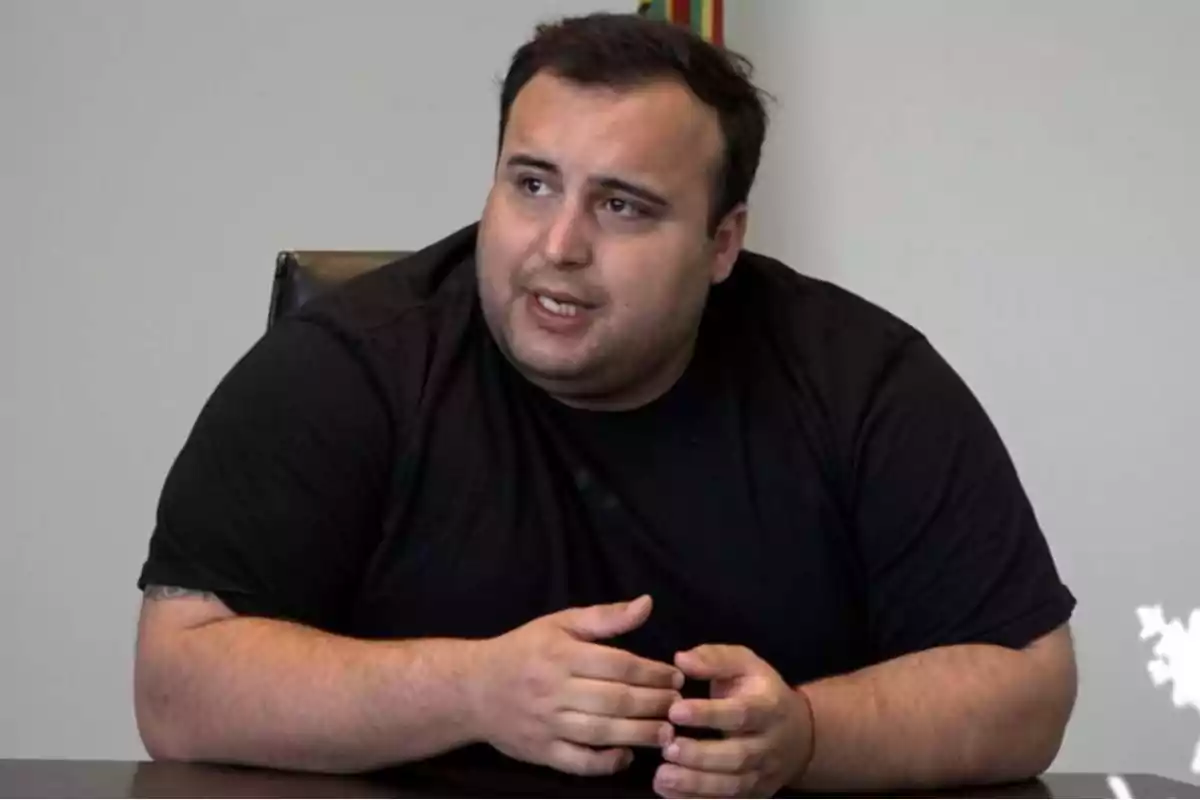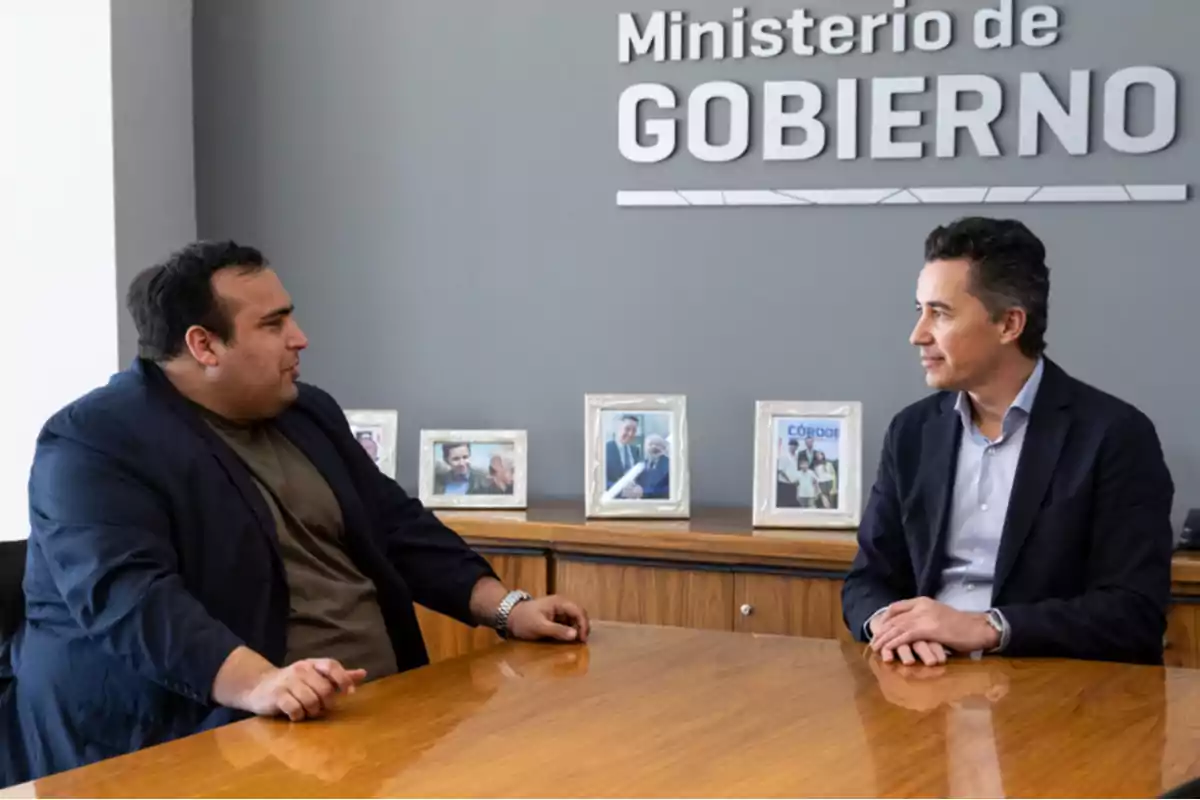
A mayor from Córdoba proposes imposing more tolls to finance highways.
The municipal chief demands national resources while the provincial administration evades its road responsibility
The municipality of Las Higueras found a "solution" for the historic neglect of the roads: charging users a new provisional toll. The completely unusual idea came from Mayor Gianfranco Lucchesi and aims to repair a seven-kilometer (4.35-mile) stretch of National Route 158. The request was submitted to the Ministry of Economy along with the proposal to raise 2 billion in four months.
According to their explanation, the stretch between the Seminario roundabout and the Chucul bridge is impassable and requires urgent intervention. However, the municipality lacks both the funds and the legal authority to take charge, and the national government has abandoned the old scheme of opaque public works. "We have to get creative and do it quickly," said Lucchesi, as if shifting the cost to citizens were a political stroke of genius.
The criticism is directed at the National Government for eliminating Vialidad, even though it was under that structure that endless tolls and phantom roads flourished. Corruption in public works is not a myth: it has names, convictions, and sentences, such as those involving Cristina Kirchner for the misdirection of funds. However, now they intend for the same failed model to continue as if nothing happened.

Councilors want roads, but want someone else to pay for them
The City Council of Río Cuarto also joined the demand with a project that rejects the closure of Vialidad. They argue that the region needs a functional road network and fear that the lack of decisions will worsen the deterioration. What they do not say is why they never cared when the roads were contracted with inflated prices and never completed.
The initiative was promoted by the Hacemos Unidos por Córdoba bloc and will be debated in the coming days. "Our bloc strongly rejects this measure," said Councilor Milagros Obregón, author of the project. In her statement, she targeted the national government without offering any viable alternative or taking responsibility for the inherited disaster.
On paper, everyone defends production and connectivity, but when it comes to management, they limit themselves to passing the problem up the chain. It's more convenient to accuse the Nation than to take responsibility for years of neglect, ruined roads, and local administrations that only react when the situation is critical. Meanwhile, residents continue dodging potholes in the heart of the productive zone.

The culture of the eternal toll
The most alarming thing is not just the idea of adding another toll, but the ease with which it is proposed as an "exceptional solution". This is how the path to the normalization of endless charges begins, as has happened so many times in other provinces where the booths are never removed. The "temporary toll" argument has already been used, and it always ended up as a permanent charge.
In addition, there is an attempt to blame the national government for Córdoba's road problems, when for decades it was Vialidad that had control. Meanwhile, it was precisely that scheme that fueled patronage networks, contracts with kickbacks, and half-finished works. President Milei ended that structure to move toward a more transparent system.
If the goal is to protect citizens' wallets, imposing another toll doesn't seem to be the way. Much less so if those proposing it do not acknowledge past mistakes or explain why they are only now alarmed. Transparency is not achieved with more charges, but with fewer politicians turning a blind eye to the disaster they left behind.
More posts: